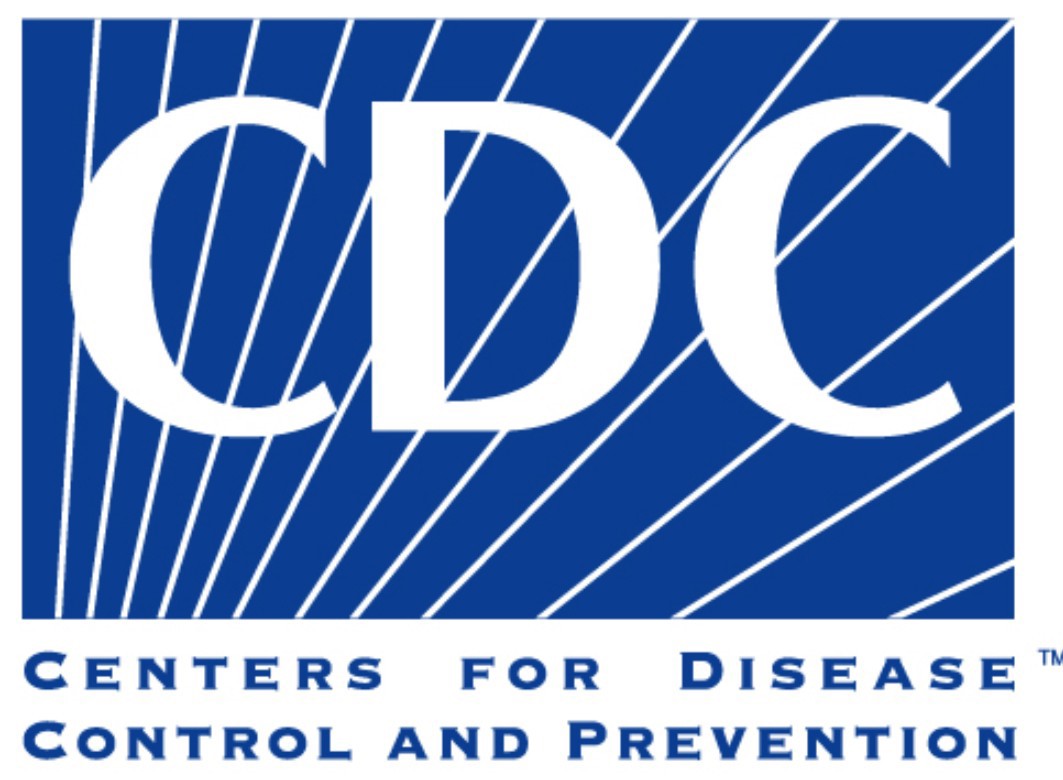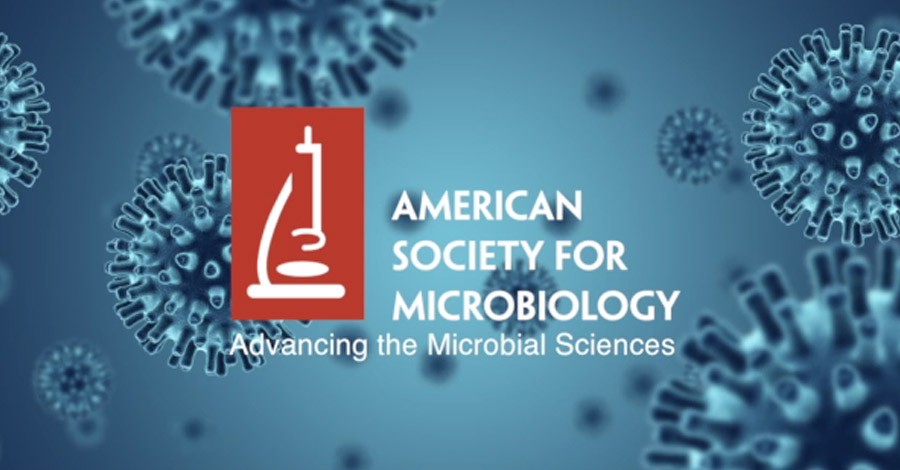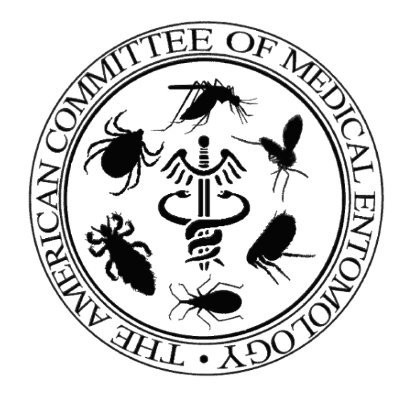Links between microbes and insecticide resistance in mosquito populations
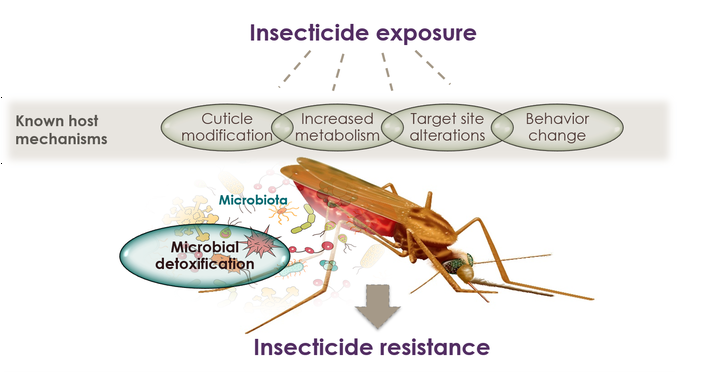 Illustration by Nsa Dada
Illustration by Nsa DadaOverview
It is no coincidence that the stall in malaria control progress over the past half decade overlaps with the scale up of insecticide-based malaria vector control tools, and the increasing prevalence and intensity of insecticide resistance in malaria mosquito populations. A better understanding of the mechanisms underlying insecticide resistance is thus needed to mitigate its threat to malaria control. So far, insecticide resistance research has focused on mosquito biology, behavior, and genetics. But mosquitoes, like all other living organisms, harbor microbes that influence their biology, behavior, and genetics.
Where we’ve worked so far
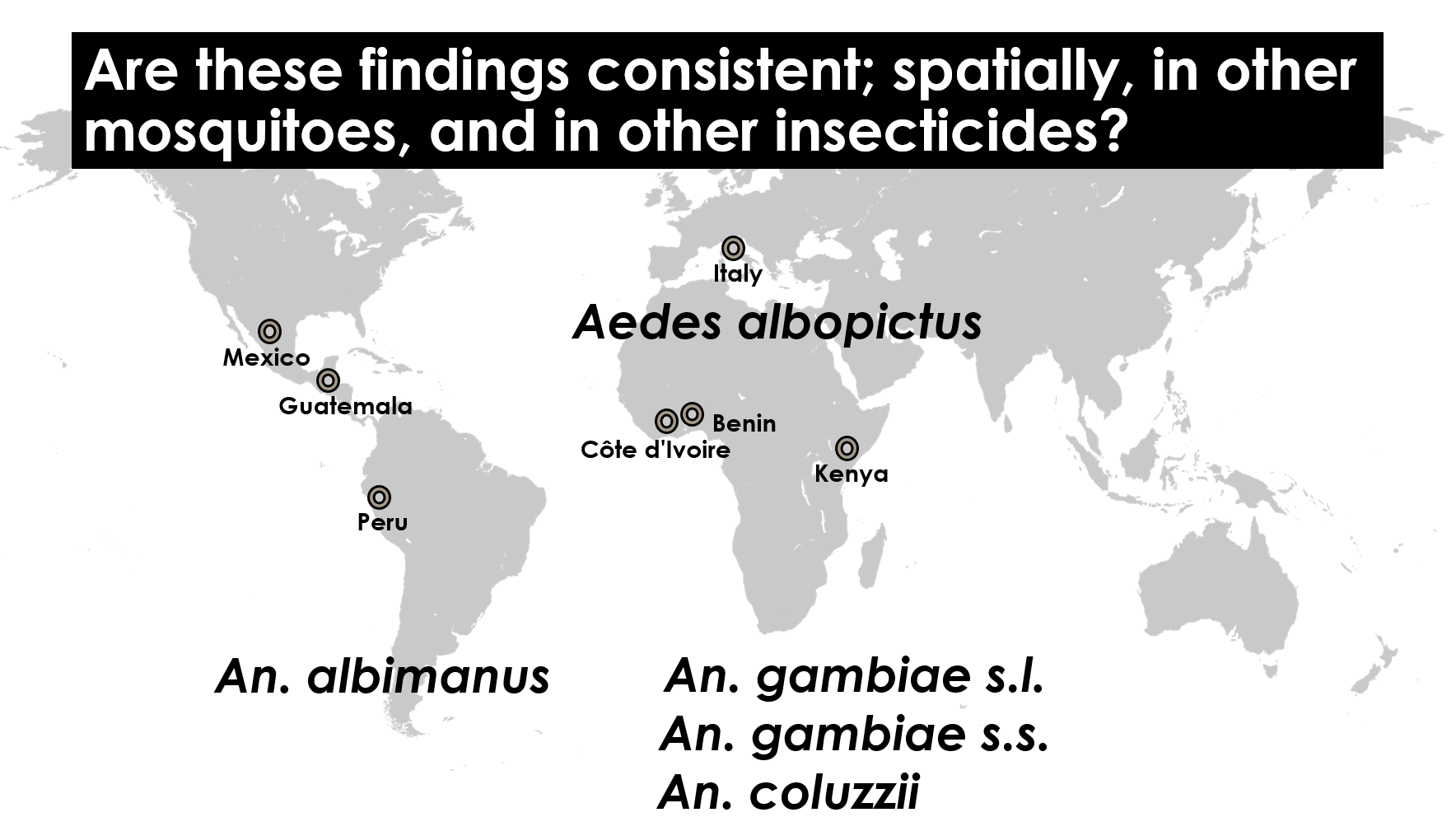
The figure below provides a summary of what we know so far
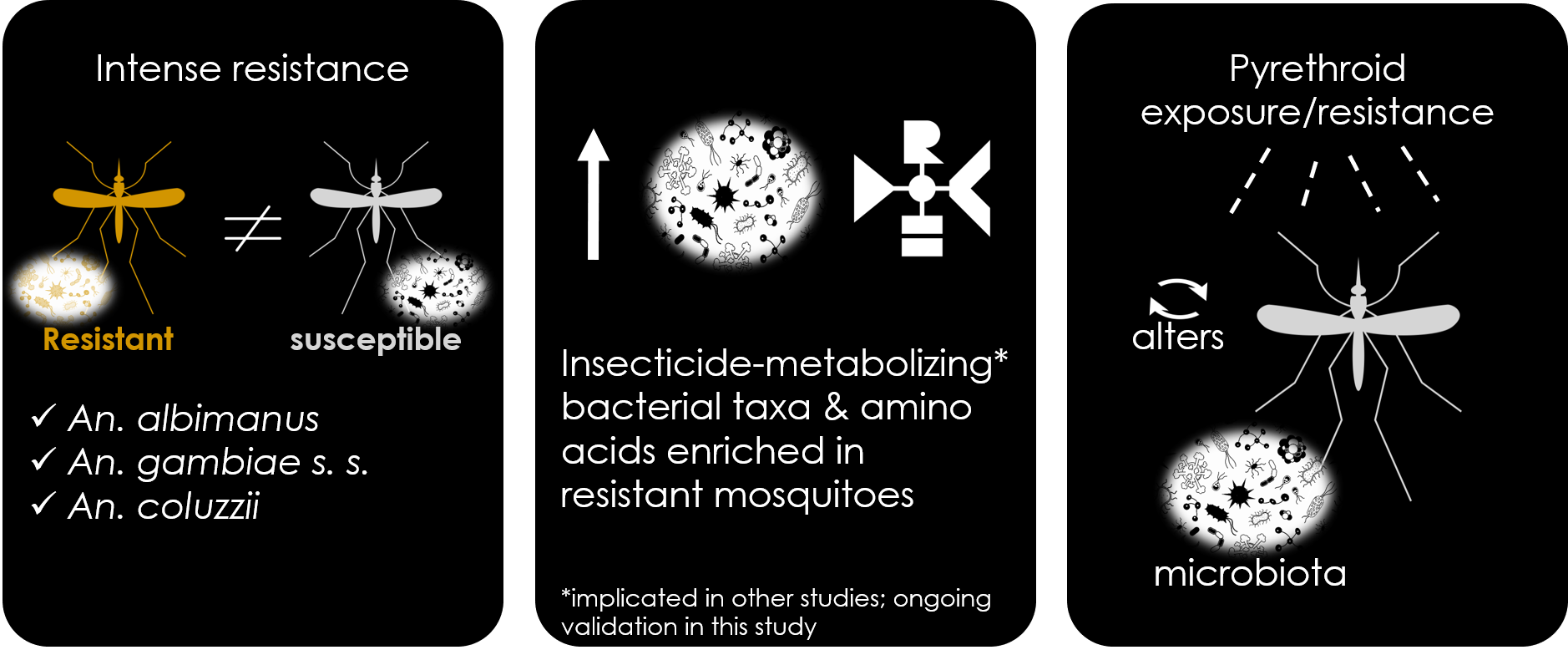
Furthermore, alteration of microbial composition due to insecticide exposure is suggestive of selection pressure on the mosquito microbiome that likely favors the resistance phenotype. Conversely, the identification of pathogenic microbial taxa in susceptible mosquitoes suggests a cause of insecticide susceptibility. Together, these findings suggest an underlying microbial mechanism of insecticide resistance. The lack of association between host insecticide genotype and microbial composition suggests that this microbial mechanism is likely of a metabolic nature that may not be related to known resistance-associated host genetics. Further work is being conducted to elucidate this microbial mechanism of insecticide resistance.
Collaborators/Partners
Kenya
- Diana Omoke (KEMRI & KU)
- Ezekiel Mugendi Njeru (KU)
- Mathew Kipsum (KEMRI)
- Samson Otieno (KEMRI)
- Edward Esalimba (KEMRI)
- Eric Ochomo (KEMRI)
Mexico
- Pablo Manrique-Saide (UADY)
- Azael Che-Mendoza (UADY)
- Sergio Dzib Florez (UADY)
- Lucio Ariel Alcocer Coronado (SSY)
- Leonardo Daniel Ku Caamal (SSY)
- Gilberto Castillo Chi (SSY)
Peru (Instituto Nacional de Salud)
- Jesus Pinto
Benin (Tropical Infectious Diseases Research Centre)
- Wassiyath Agnikè Mousse
- Luc Djogbénou
Cote d’Ivoire (Centre Suisse de Recherches Scientifiques)
- Edi Constant
UK (London School of Hygiene and Tropical Medicine)
- Bethanie Pelloquin
- Louisa Messenger
Italy (Sapienza University of Rome)
- Verena Pichler
- Beniamino Caputo
Guatemala
- Norma Padilla (UVG)
- Juan Carlos Lol (UVG)
- Daniela Da’Costa (UVG)
- Ana Christina Benedict (UVG)
- Fransisco Lopez (UVG)
- Pedro Peralta (UVG)
- Adel Mejia (UVG)
- Alfonso Salam (UVG)
- Nelson Jimenez (MSPAS)
- Ricardo Valle (MSPAS)
- Ricardo Santos (MSPAS)
USA (CDC)
- Audrey Lenhart
- Kelly Liebman
- Nicole Dzuris
- Mili Sheth
- Core Facility
- Scientific Computing team
- Entomology branch
- Insecticide Resistance & Vector Control Team
Funding and support
